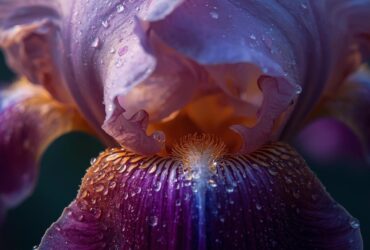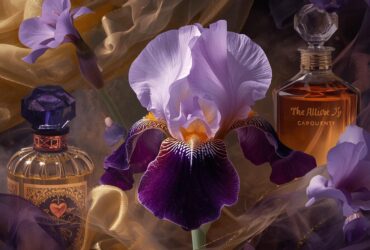In recent years, the global fragrance industry has witnessed a significant shift towards sustainability. This trend is not just a fad but a response to the growing consumer awareness about the environmental impact and ethical considerations of their purchasing choices. Sri Lanka, known for its rich biodiversity and traditional use of aromatic spices and herbs, is emerging as a key player in the sustainable perfumery market.
The Roots of Sri Lankan Perfumery
Sri Lanka’s history with fragrances dates back thousands of years, intertwined with the Ayurvedic traditions of the region. The island is home to a plethora of unique aromatic resources including cinnamon, sandalwood, and jasmine, which have been used both in local customs and exported for global use. However, the conventional extraction and production processes often pose significant environmental challenges, including deforestation, water pollution, and depletion of natural resources.
Embracing Sustainability
The modern Sri Lankan perfume industry is reinventing these traditional practices by adopting more sustainable methods. This includes the ethical sourcing of raw materials, implementing organic farming practices, and reducing the carbon footprint of production and distribution. Companies are increasingly transparent about their supply chains, ensuring that they support local communities without harming the environment.
One of the pioneers of this movement is a local brand that has started using solar energy to power their distillation processes. This not only reduces their reliance on fossil fuels but also sets a benchmark for renewable energy use within the industry. Furthermore, these eco-friendly practices extend to packaging, with many companies opting for recyclable or biodegradable materials.
The Role of Local Botanicals
The use of indigenous plants not only supports biodiversity but also provides a unique selling point for Sri Lankan perfumes on the global stage. For instance, ‘Kikiliya’, a fragrance developed by a local startup, is made entirely from native Sri Lankan flowers and spices. It captures the essence of the island’s natural beauty while ensuring that the impact on the environment is minimal.
Moreover, the resurgence of interest in traditional herbal and floral scents among younger consumers has fueled the growth of niche markets within the country and abroad. These consumers are drawn to products that promise not only a pleasant scent but also a clear conscience regarding environmental and social issues.
Community Engagement and Economic Impact
Sustainable perfumery in Sri Lanka also plays a crucial role in community development. Many fragrance companies are engaging in fair trade practices, which ensure that farmers and workers receive fair compensation for their labor and goods. This has led to improved standards of living in rural areas where most aromatic plants are grown.
Additionally, by promoting local agro-based products, these businesses contribute to the preservation of cultural heritage and the prevention of urban migration. Young entrepreneurs are particularly keen on tapping into the artisanal aspect of fragrance production, combining traditional skills with modern marketing techniques to reach a broader audience.
Challenges and Opportunities
Despite these positive trends, the sustainable perfumery sector in Sri Lanka faces several challenges. The lack of standardized regulations for sustainable practices can lead to inconsistencies and consumer skepticism. There is also the challenge of balancing scalability with sustainability, as increasing production often involves higher energy consumption and waste generation.
However, these challenges also present opportunities for innovation. For instance, advances in biotechnology could lead to more efficient ways of extracting fragrances without harming the plant source. There is also potential for developing synthetic alternatives that mimic natural scents, reducing the need for extensive plant harvesting.








Leave a Reply